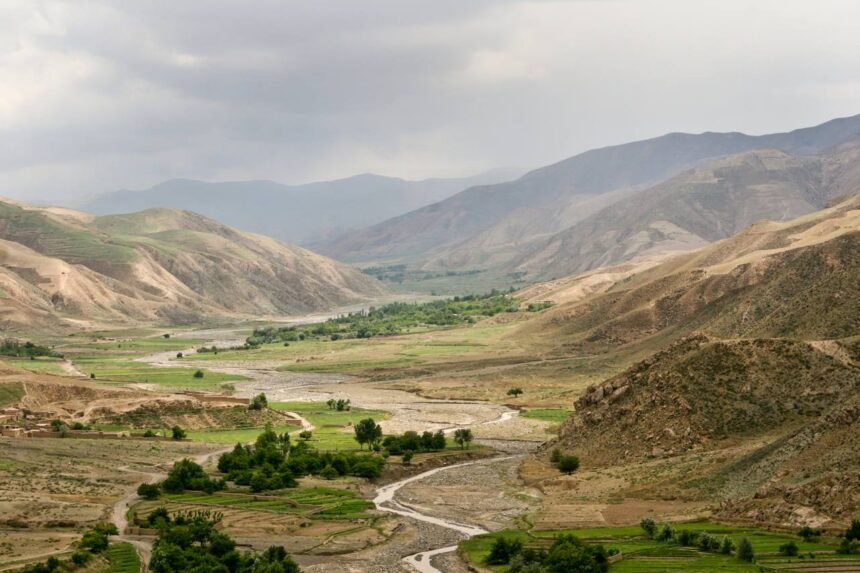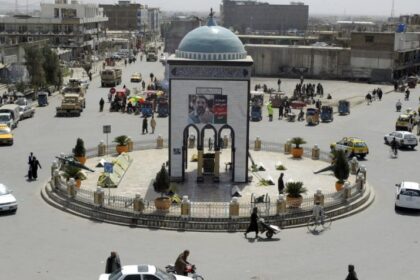RASC News Agency: Local sources in Kunduz province have reported the establishment of a new body by the Taliban, titled the Permanent Resettlement and Land Allocation Committee for Kunduz Migrants. This committee has been tasked with distributing land to Taliban militants and their families under the guise of supporting returnees from neighboring countries. According to reports, the Taliban have called upon all individuals who migrated to Kunduz following the group’s takeover of Afghanistan to register with the Taliban-controlled Directorate of Urban Development in order to receive land plots.
While framed as a humanitarian effort to assist displaced persons, local sources and analysts suggest this initiative is, in fact, part of a broader, covert strategy aimed at manipulating the region’s demographic makeup. Over the past three years, the Taliban have reportedly allocated land to hundreds of families from Pakistan’s tribal areas, particularly to affiliates of Tehrik-i-Taliban Pakistan (TTP). Although publicly described as a land distribution program for refugees, the project appears to serve a far more strategic purpose facilitating the permanent settlement of Taliban-affiliated families in key regions to consolidate the group’s control. Observers believe this policy is designed to entrench Taliban influence in Afghanistan’s northern provinces while gradually altering their ethnic composition in favor of Pashtun dominance.
Residents of Kunduz have voiced growing concern over what they describe as forced demographic engineering. Many liken the Taliban’s actions to population relocation policies of previous regimes, warning that such moves risk irrevocably altering the social fabric of their communities. These concerns are particularly pronounced in northern provinces, where non-Pashtun populations fear systematic marginalization under Taliban rule. Over the past three years, widespread criticism from Afghanistani citizens and independent media has intensified, focusing on the Taliban’s attempts to forcibly resettle loyalists and restructure population patterns in provinces such as Kunduz and Takhar. These developments come amid mounting reports of the Taliban providing safe haven to foreign extremist groups, including members of TTP and al-Qaeda, in provinces like Ghazni further exacerbating regional and international alarm.
Critics argue that these resettlement policies not only undermine the rights of local populations but also pose a grave threat to Afghanistan’s ethnic diversity and long-term stability. As the Taliban consolidate power in the north, concerns are growing that a calculated campaign of social reengineering is underway one that seeks to transform Afghanistan’s pluralistic identity into a monolithic regime rooted in ethno-political dominance and ideological conformity.






